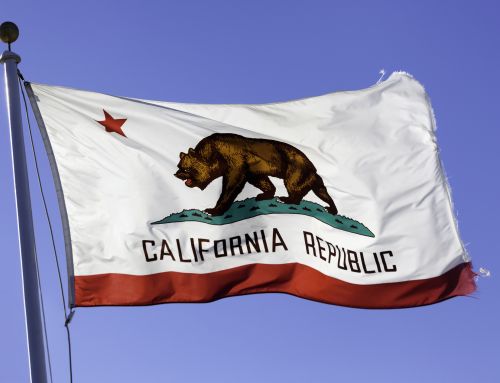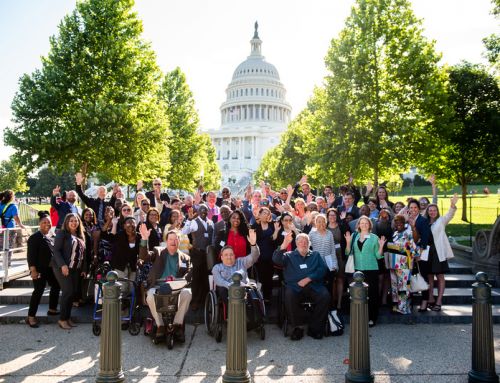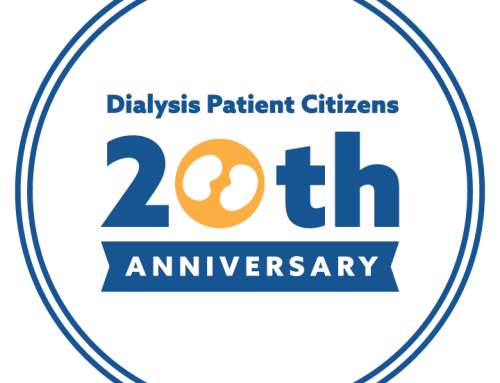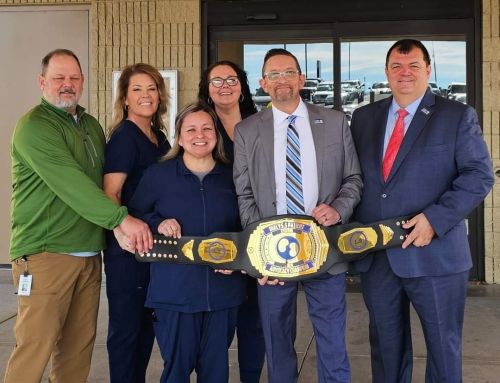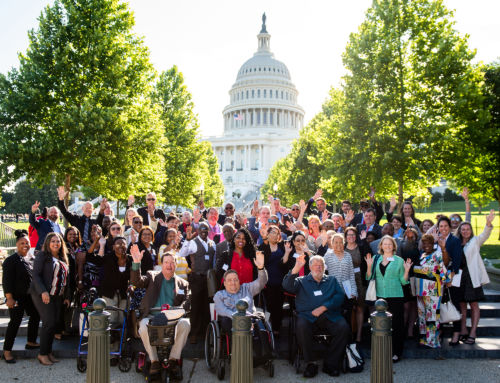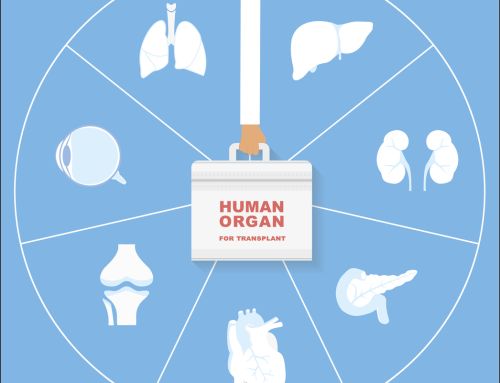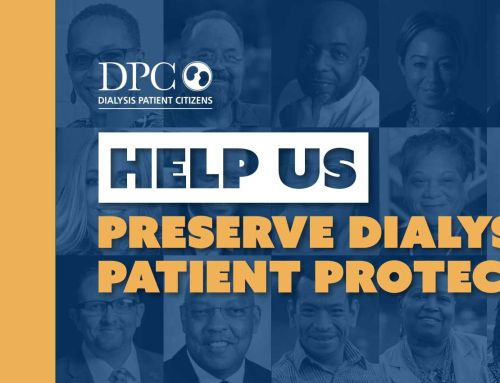Andrew Slavitt Acting Administrator
Centers for Medicare and Medicaid Services 7500 Security Boulevard
Baltimore, MD 21244
RE: CMS–9937–P: Patient Protection and Affordable Care Act; HHS Notice of Benefit and Payment Parameters for 2017
Dear Acting Administrator Slavitt,
On behalf of the more than 430,000 patients who rely upon dialysis services, we appreciate the opportunity to comment on the “Patient Protection and Affordable Care Act; HHS Notice of Benefit and Payment Parameters for 2017” Proposed Rule (Proposed Rule). We strongly encourage the Centers for Medicare and Medicaid Services (CMS) to protect the rights of all Americans to access coverage in the Marketplaces, consistent with the Affordable Care Act (ACA). To that end, it is critically important that issuers are prohibited from discriminating against enrollees who require dialysis treatments.
Therefore, we are pleased that CMS is considering new policies and strongly urge the Agency to: (1) require issuers to accept payments from not-for-profit charitable organizations that existed prior to the enactment of the ACA, have been reviewed favorably by the Office of Inspector General, provide at least one year of assistance to individual enrollees, and offer assistance for the purchase of any coverage option (e.g., qualified health plans, other private coverage, Medicare, Medigap, Medicaid); and (2) establish federal oversight of issuers to ensure the adequacy of networks, including establishing time and distance standards and minimum providerUcovered person ratios, as well as ensuring continuity of care and reducing wait times.
I. CMS should protect access for enrollees to payments from not-for-profit charitable organizations that (1) existed prior to the enactment of the ACA; (2) have been reviewed favorably by the Office of Inspector General; (3) provide assistance for at least one year; and (4) offers assistance for the purchase of any coverage option (e.g., qualified health plans, other private coverage, Medicare, Medigap, Medicaid).
As we have also noted in individual letters, our organizations are pleased that CMS has decided to consider requiring issuers to accept payments from not-for-profit charitable organizations.1 Prior to the ACA, patients have relied upon not-for-profit charitable organizations to assist them with cost sharing requirements when they are unable to make these payments themselves. Allowing these organizations to continue their charitable mission is critically important to patients, especially dialysis patients.
We understand that if it were to establish the requirement that issuers accept payments from not-for-profit charitable organizations, CMS would want to establish guardrails to protect the program. Therefore, we echo the recommendations of Kidney Care Partners that the organization must:
(1) Have existed prior to the enactment of the ACA;
(2) Have been reviewed by the Office of the Inspector General (OIG), which has determined that it presents no concerns through an Advisory Opinion;
(3) Provide at least one year of assistance to enrollees; and
(4) Offer assistance for the purchase of any coverage option (e.g., qualified health plans, other private coverage, Medicare, Medigap, Medicaid).
Patients should have the right to choose their own health plan. Thus, we strongly oppose any requirement that forces patients into Medicare simply because they have an option to become eligible for Medicare. CMS should ensure that issuers adhere to this principle, which is consistent with the IRS rulings that indicated that individuals should not be forced to enroll in a government program, but rather be permitted to select the coverage that best meets their needs like every other American.
The issue of accepting payments from not-for-profit charitable organizations is distinct from questions about the risk pool. CMS should address risk pool issues through policies related to risk adjustment, reinsurance, and risk corridor policies. In addition, allowing assistance from the American Kidney Fund (AKF), the not-for-profit charitable organization that has been assisting dialysis patients since 1971, does not pose a significant risk to maintaining a stable risk pool. The AKF has been providing premium support and costUsharing assistance to dialysis patients enrolled in commercial plans for decades and there has been no negative impact. In addition, the number of dialysis patients seeking commercial insurance is extremely small when compared with the more than 17 million Americans who receive coverage through Marketplace plans. It simply does not make sense to argue that this small number of individuals should be discriminated against because of fears about their potential impact on the risk pool. In addition, requiring the charitable organization to provide payment assistant regardless of the type of plans eliminates the risk that an entity will be created solely to incentivize individuals to enroll in Marketplace plans.
Dialysis patients should be allowed to select their own insurance and remain in their plans even after they have been diagnosed with kidney failure. A recent survey conducted by Dialysis Patient Citizens (DPC) using questions from the Consumer Assessment of Health Plan Survey (CAHPS) found that 77 percent of patients rate their private health insurance as the “best health insurance plan possible,” compared to 71 percent for Medicare. DPC also found that Medicare beneficiaries have more difficulty getting the health care that they want or need than those enrolled in private plans.
Medicare requires higher cost sharing for chronically ill patients than some private insurance plans and Medigap policies are not available to those individuals who are under 65 years old in half of the United States. In addition, these under 65 years old patients may have families and enrolling in Medicare could negatively impact their family’s insurance situation.
Like HIV/AIDS patients who are permitted to retain their private insurance coverage, dialysis patients may have high medical needs, but deserve to be allowed to retain their private insurance as well. Therefore, we strongly urge CMS require issuers to accept payments from not-for-profit charitable organizations that: (1) existed prior to the enactment of the ACA; (2) have been reviewed by the Office of the Inspector General (OIG), which has determined that the organization presents no concerns through an Advisory Opinion; (3) provide at least one year of assistance to enrollees; and (4) offers assistance for the purchase of any coverage option (e.g., qualified health plans, other private coverage, Medicare, Medigap, Medicaid).
II. CMS should provide federal oversight of issuers to ensure the adequacy of networks, as well as establish time and distance standards, minimum providerIcovered person ratios, and policies to ensure continuity of care and reduced wait times.
In addition to prohibiting issuers from discriminating against dialysis patients by refusing to accept payments from the AKF, it is also important that issuers not discriminate against these patients through inadequate network standards or other policies that create a substantial disincentive to remain in the health plan. Therefore, our organizations support strong federal, not simply State, oversight of Marketplace plans to prohibit such discrimination.
First, we strongly support active federal monitoring of network adequacy. Our organizations have heard countless stories from dialysis patients reciting how individual plans have implemented discriminatory policies or incentives to leave the plan. We have been working with dialysis providers to help patients understand their rights. We know of at least 20 States2 in which the benchmark plans indicate that if an individual is eligible for Medicare, he/she cannot enroll in a marketplace plan, which is contrary to federal law. In 22 States3 the fact that an individual is eligible for Medicare results in plans reducing coverage to the amount that it would pay if the individual were enrolled in Medicare, even if the individual has chosen not to enroll in Medicare. These policies violate the CMS prohibition on excluding dialysis patients from coverage. Yet, they continue to proliferate. Therefore, it is critically important that the federal government step in and protect enrollees.
We also have examples of plans that limit access to lifesaving dialysis treatments. Some plans will narrow their networks to the point that dialysis patients are expected to drive hours to receive treatment in network. Other plans have limited access to nephrologists or other specialists who are essential to providing care to dialysis patients. In some plans, enrollees who are referred for transplant often find that there is no transplant hospital in the network, forcing them to incur additional costs. These practices inappropriately discriminate against dialysis patients in violation of the intent of the ACA and other anti-discrimination laws.
Therefore, our organizations strongly support the proposals to establish:
- Prospective time and distance standards at least as stringent as the FFE standard; and
- Prospective minimum providerUcovered person ratios for the specialties with the highest utilization rate for its State.
We also support the proposal to require an issuer, in cases where a provider is terminated without cause, to allow an enrollee in active treatment to continue treatment until the treatment is complete or for 90 days. Patients who require dialysis three to four times a week should be able to continue this lifesaving treatment for a reasonable period of time, even if the issuer terminates their provider. These patients cannot simply delay or skip a treatment. In addition, the 90 days would allow patients and their care teams to determine the most appropriate care options and transition.
In addition, we support adding a wait time standard across qualified health plans (QHPs) in the federal facilitated exchanges, as well as for State exchanges. We have heard too often from patients that while there may be a specialist in network, the wait time for an appointment is so long that they in fact cannot access the care they need. It is important not only to include these specialists, but also to include a sufficient number of them in the network to allow patients to schedule appointments with them in a timely manner. We ask that CMS tailor these standards to ensure that issuers are addressing the specific needs of the populations they are serving and do not use long wait times as a tool encourage individuals to disenroll from their plans.
III. Conclusion
We would welcome the opportunity to work with you to protect dialysis patients from discriminatory practices in the Marketplaces and appreciate your consideration of our comments. Please do not hesitate to contact us if you have any questions or would like more information about the examples we provided in this letter.
LaVarne A. Burton
President and CEO
American Kidney Fund
Hrant Jamgochian, J.D., LL.M.
Executive Director
Dialysis Patient Citizens
Troy Zummerman
Vice President for Government Relation
National Kidney Foundation
Lori Hartwell
President and Founder
Renal Support Network




